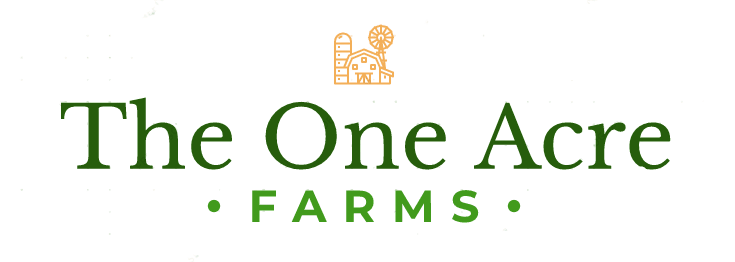Optimizing Farm Efficiency with Permaculture Design Near Bangalore
Antony Thilak W |
30 December, 2023 |

Introduction
In the verdant landscapes near Bangalore, permaculture design is becoming a key strategy for farmers seeking to maximize efficiency and sustainability. This approach to farm planning involves careful consideration of the land's natural features, resource availability, and ecological principles. In this comprehensive blog post, we explore the various facets of permaculture design and how they can be applied to optimize farm efficiency in and around Bangalore.
Understanding Permaculture Design
Permaculture design is rooted in the observation of natural ecosystems and their functions. It aims to create integrated systems where each element supports and benefits others. For those involved in farm land for sale in Bangalore or managing agricultural land near Bangalore, permaculture design offers a roadmap to develop farms that are not only productive but also sustainable and resilient.
Site Analysis and Assessment
The first step in permaculture design is a thorough site analysis. This involves understanding the topography, soil type, climate patterns, water sources, and existing vegetation of the land. For farm plots near Bangalore, this analysis is crucial in identifying the strengths and limitations of the land and planning accordingly.
Water Management in Permaculture Design
Effective water management is a cornerstone of permaculture design, especially in areas like Bangalore where water scarcity can be a concern. Techniques such as swales, rainwater harvesting, and greywater systems are incorporated to ensure efficient water use and conservation. In managed farmland near Bangalore, these techniques can significantly improve water efficiency.
Soil Fertility and Management
Permaculture design emphasizes the importance of healthy soil. Strategies like composting, mulching, green manuring, and crop rotation are employed to enhance soil fertility and structure. For those looking to buy farmland near Bangalore, investing in soil health is a key factor for long-term productivity.
Integrating Crops and Livestock
In permaculture design, crops and livestock are integrated to create synergistic relationships. Livestock can provide manure for crops, while crops can provide feed for livestock. This integration not only maximizes resource use but also mimics natural ecosystems. For agricultural land near Bangalore, this approach can lead to more efficient and sustainable farming systems.
Energy Efficiency in Farm Design
Permaculture design also focuses on energy efficiency, utilizing renewable energy sources and minimizing waste. This might include the use of solar panels, biogas systems, and wind turbines. For farm land in Bangalore, incorporating renewable energy sources can reduce costs and environmental impact.
Zoning and Sector Planning
Zoning is a critical aspect of permaculture design, organizing the farm into areas based on the frequency of human use and the needs of plants and animals. Sector planning takes into account the external influences on the farm, such as sun, wind, and water flow. These concepts are particularly applicable to managed farm plots near Bangalore, where efficient use of space and resources is vital.
Diversity and Polyculture Systems
Permaculture design encourages diversity through polyculture systems, where multiple crop species are grown together. This not only increases biodiversity but also enhances the resilience of the farm. In the context of farm land for sale in Bangalore, incorporating a diversity of crops can lead to a more robust and productive farm.
Sustainable Infrastructure and Buildings
Sustainable infrastructure is another important element of permaculture design. This includes the construction of buildings and structures using eco-friendly materials and techniques. For those considering buying farmland near Bangalore, developing sustainable infrastructure can enhance the overall efficiency and sustainability of the farm.
Community Involvement and Education
Permaculture design often involves community engagement and education. Sharing knowledge and resources, collaborating on projects, and participating in community-driven initiatives can strengthen the permaculture movement and contribute to the broader goal of sustainable agriculture.
The Future of Farming Near Bangalore
As the region near Bangalore continues to grow and evolve, permaculture design stands as a model for the future of farming. It offers a pathway to develop farms that are not only efficient and productive but also sustainable and in harmony with the natural environment.
Conclusion
Permaculture design is transforming the way farms are planned and managed near Bangalore, offering a sustainable and efficient approach to agriculture. By carefully considering the land's natural features and resources, and integrating ecological principles, farmers can create systems that are productive, sustainable, and resilient. As interest in sustainable farming practices grows in and around Bangalore, permaculture design provides a blueprint for a thriving agricultural future.
